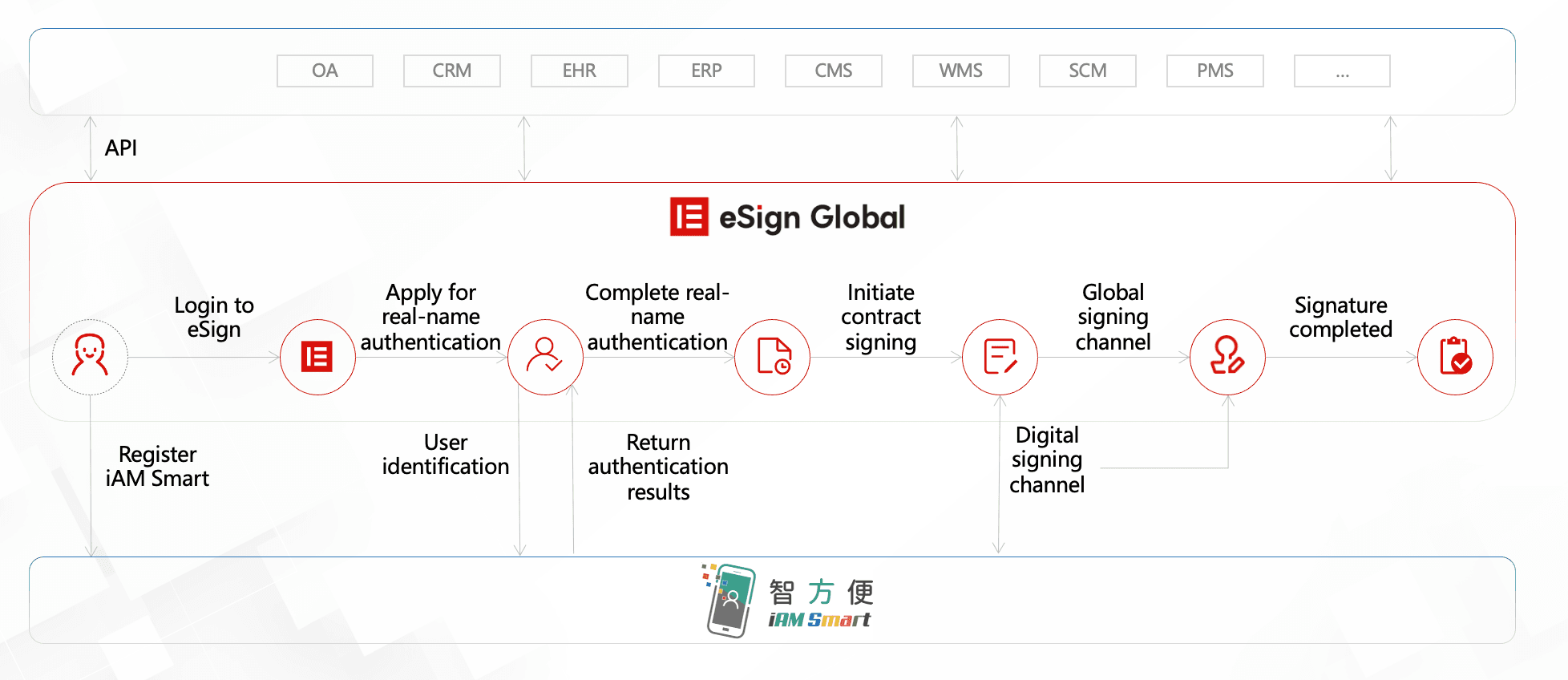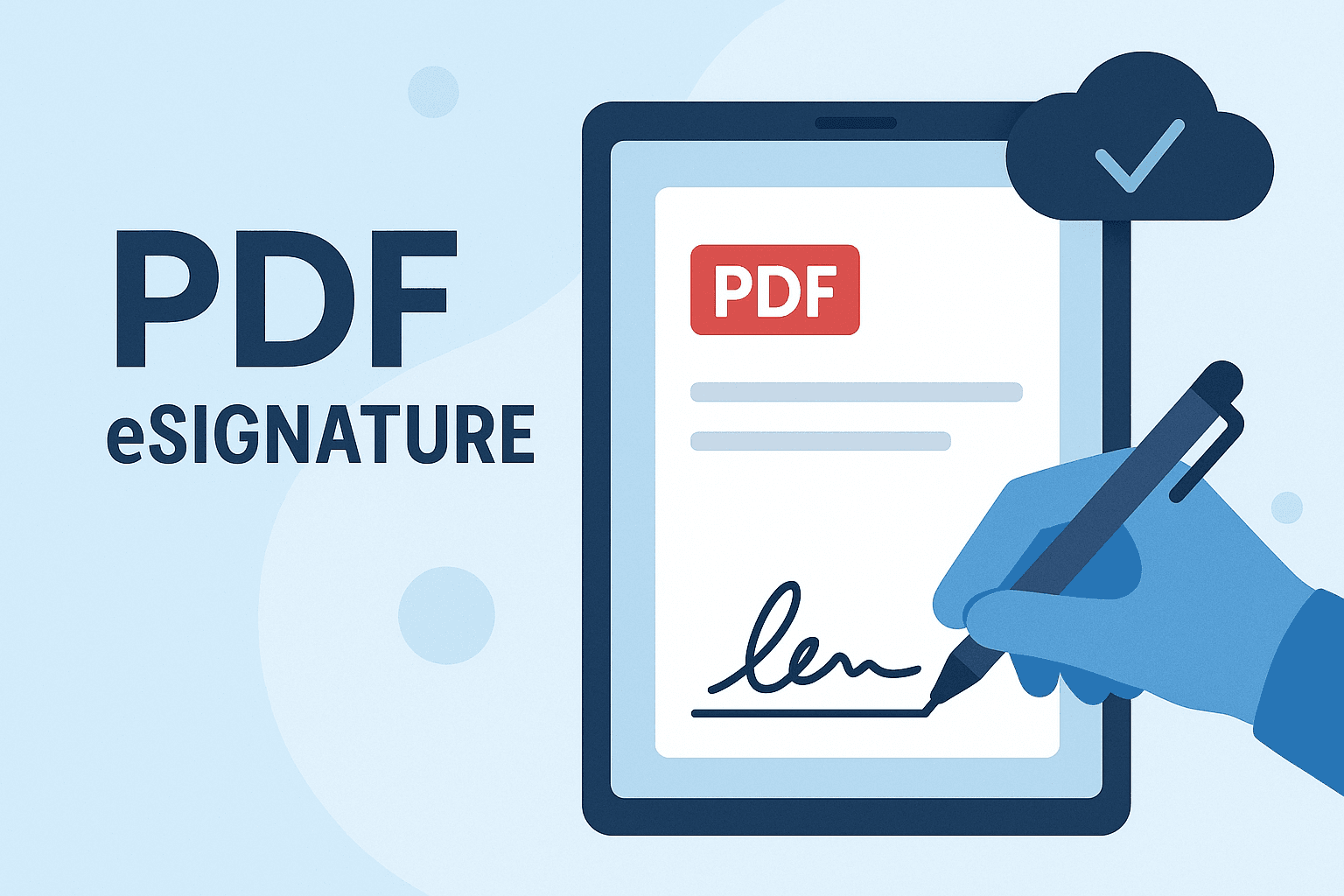Can ChatGPT create signatures?





Can ChatGPT Create Signatures? Exploring AI, E-signatures & Legal Compliance in Southeast Asia
In today’s rapidly digitizing world, artificial intelligence (AI) is transforming how we communicate, do business, and even enter into legal agreements. Platforms like ChatGPT have garnered attention for their advanced capabilities in generating text, solving complex problems, and simulating human-like conversations. But as businesses and individuals increasingly rely on digital documentation, a new question arises: Can ChatGPT create signatures?
In this article, we explore whether ChatGPT can generate legally recognized signatures, the differences between digital and electronic signatures, and what locally compliant alternatives exist in regions like Hong Kong and Southeast Asia.
What is a Signature in the Digital Era?
Traditionally, a signature is a handwritten symbol that verifies the identity and intent of the signer. With the expansion of electronic transactions, “signature” has evolved into new forms:
- Electronic Signatures (eSignatures): A digital representation of a handwritten signature, typically created using tools like drawing pads, typed names, or click-through consents.
- Digital Signatures: A more secure subset of electronic signatures that use cryptography to ensure authenticity and data integrity.
Knowing these differences is essential, especially when discussing tools like ChatGPT in the context of creating or facilitating signatures.

So, Can ChatGPT Create Signatures?
The short answer: Not by itself — at least, not in a legally binding way.
ChatGPT, developed by OpenAI, is a powerful language model capable of producing consistent and contextually appropriate text output. However, it’s important to understand that ChatGPT:
- Does not have access to biometric tools such as handwritten inputs or digital signature pads.
- Cannot uniquely identify users.
- Does not store or verify identity-based metadata.
While ChatGPT might help generate text such as “/s/ John Smith” to simulate a typed signature, such representations have no legal standing unless authenticated via a compliant platform.
If you’re hoping ChatGPT can function as an e-signature tool, it’s best suited to assist in drafting documents or guiding you through the language of contracts — but not in verifying signatures themselves.
Legal Framework: Why AI Must Comply with Local Regulations
A significant barrier to AI-generated signatures lies in the region-specific laws about electronic signature use.
In Southeast Asia and Hong Kong, digital and electronic signatures are subject to legislation ensuring enforceability and security. For example:
-
Hong Kong: Governed by the Electronic Transactions Ordinance (Cap. 553), electronic signatures are valid if the method used is:
- Reliable,
- Appropriate for the purpose of the communication, and
- Capable of identifying the person who electronically signed the document.
-
Singapore: Under the Electronic Transactions Act (ETA), electronic signatures are recognized, but advanced (i.e. digital) signatures are required for higher-risk transactions.
-
Malaysia: Enforces the Digital Signature Act 1997, which mandates licensed certification authorities to verify digital signatures.
These localized requirements cannot be fulfilled by ChatGPT alone. Trusted digital signature providers integrate authentication, encryption, and audit trails—features outside the capacity of a standalone AI language model.

How ChatGPT Can Help with Signatures – Indirectly
While ChatGPT cannot create or authenticate legally valid signatures, it can still serve your needs in other meaningful ways:
-
Drafting Documents: ChatGPT can help generate or review contracts, automate repetitive agreement templates, and suggest clauses based on jurisdictional language.
-
Understanding Compliance: With the correct prompt, ChatGPT can explain regional e-signature laws, helping you understand what is required to make your document legally enforceable.
-
Integrating with Platforms: Advanced applications may integrate ChatGPT with e-signature platforms via APIs. For example, you can use ChatGPT to draft a contract and automatically route it to a signing solution like eSignGlobal for execution and storage — all while maintaining compliance.

Why Proper Tools Matter: Don’t Rely on AI Alone
When it comes to executing legally binding contracts, relying solely on ChatGPT or any general-purpose AI tool is not advisable.
Businesses must:
- Ensure the signature process includes clear authentication mechanisms.
- Maintain audit trails of who signed and when.
- Safeguard the integrity of the document post-signature.
This is why using a dedicated e-signature platform designed for your region’s legal standards is critical.
Choosing the Right Signature Tool for Hong Kong & Southeast Asia
Considering the complexity of local regulations, users in Hong Kong or Southeast Asia need a platform that not only streamlines the signature process but also ensures local legal compliance.
While DocuSign is a globally recognized name, regional users should also consider trusted alternatives tailored to local needs. One such rising alternative is eSignGlobal, a solution that balances global security standards with regional regulatory requirements.
Why eSignGlobal?
- Supports digital and electronic signatures
- Audit-compliant infrastructure
- Custom integrations with enterprise stacks
- Meets Hong Kong’s Electronic Transactions Ordinance requirements
- Optimized for Southeast Asia’s regulatory diversity
Whether it’s a cross-border agreement or a domestic employment contract, eSignGlobal ensures you get the benefits of digital transformation—without the compliance headaches.

Conclusion
So, can ChatGPT create signatures? Technically, it can mimic basic textual forms, like adding a name at the bottom of a letter — but in legal or regulatory terms, that’s insufficient.
ChatGPT is an excellent assistant for drafting, explaining clauses, and guiding best practices in document creation. However, when it comes to authenticating identities and ensuring your signature is legally valid and compliant—especially in regions like Hong Kong or Malaysia—you need tools built for the job.
For users in Hong Kong and Southeast Asia seeking a modern, reliable, and fully compliant electronic signature solution, eSignGlobal stands out as a trusted DocuSign alternative.

Stay secure. Stay compliant. Go digital—with the right tools, not just AI.

 Only business email allowed
Only business email allowed


